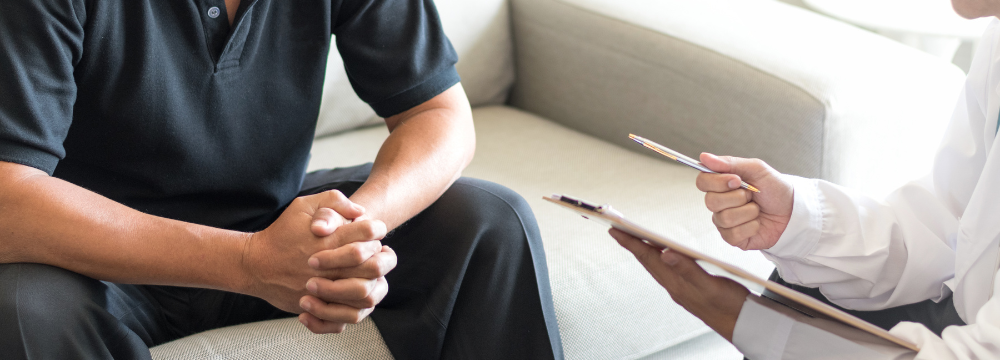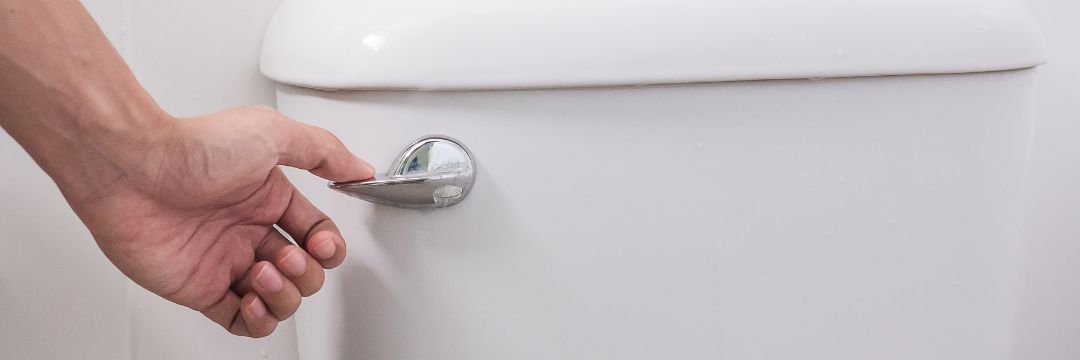
When it comes to BPH and enlarged prostate, there can be a lot of confusion because there are so many possible therapies and many levels of care. From simple herbal supplements that can be purchased over-the-counter to relatively invasive surgery, the average man with lower urinary tract symptoms due to BPH has a lot to think about and discuss with their men’s health specialist/urologist. With so many treatment options available, we want to dispel five myths about BPH and its treatment that we commonly hear from our patients.
Before we do, let’s talk about BPH, its symptoms, and its treatments. BPH is as normal as the aging process itself, and indeed, age represents the most significant risk factor in developing a large prostate. Estimates suggest that 50% of men over 50 and almost 90% of men over the age of 80 experience some degree of prostatic enlargement that may cause mild to moderate lower urinary tract symptoms or LUTS.
I must also stress to anyone reading this that living with these symptoms has often changed my patients’ lifestyles so significantly that they cannot fully enjoy their lives. As such, I always encourage people with LUTS to see their urologist or men’s health specialist at the earliest signs.
Myth #1: It Won’t Get Worse
Unfortunately, this is a myth and one that should be dispelled immediately. While getting up to urinate at night, known as nocturia, is relatively normal as we age and often nothing to worry about, it’s not something we must live with. Modern BPH treatment usually has patients in and out of the office very quickly, whether with a prescription for medication or a minimally invasive office-based procedure. Symptoms will worsen as prostatic tissue continues to grow, and with this worsening will come impairments to one’s life.
Myth #2: There Are No Severe Consequences to BPH
While we describe BPH as common, which most certainly is, this does not mean it is not without risk. The urinary symptoms of BPH should be addressed as soon as possible because, in the more severe cases, it can cause urinary retention and, ultimately, an emergency that should and can be avoided. This is rare, fortunately, but not out of the realm of possibility.
Myth #3: An Enlarged Prostate Requires Surgery
Of the most common urinary concerns, BPH has one of the widest ranges of therapies, giving patients more excellent choices than ever before. Enlarged prostates are approached stepwise, starting with effective medications that can improve urinary flow. Once these medications are no longer effective or if they do not work, which is the case for about 50% of patients, we can move on to minimally invasive in-office therapies that only take a few minutes of procedure time. In-office treatments, like Rezum water vapor therapy, are very effective and durable, with an excellent safety profile. Results can last up to five or even seven years. If these minimally invasive options fail, we can consider a more invasive surgical option like TURP, transurethral resection of the prostate, or other surgical options.
Myth #4: BPH Is or Causes Prostate Cancer
This is decidedly untrue, and many patients are relieved to discover their symptoms are benign. It’s important to know that these two conditions can co-occur, but an enlarged prostate does not increase the risk of prostate cancer. However, it is best to speak to your urologist about an appropriate prostate cancer screening that will likely include periodic blood tests to measure prostate-specific antigen or PSA. While most prostate cancers are slow-growing and many do not even require treatment, some are extremely aggressive, and we aim to diagnose prostate cancer at its earliest stages. While we’re at it, it’s important to dispel the myth that having BPH may lower the risk of prostate cancer in the future. This is also untrue.
Myth #5: No Natural/Lifestyle Options Can Help With BPH
Along with any BPH treatment, whether medical or procedural, lifestyle change is critically important. While BPH is primarily caused by age, general health is essential in minimizing symptoms. Patients who prioritize diet and exercise, stop smoking, quit alcohol, and lose weight are likely to lower the likelihood of developing Lower Urinary Tract Symptoms or make any procedural solutions more effective and durable. Positions turn to herbal remedies marketed as helping with an enlarged prostate. We do not actively discourage these patients from trying herbal options, but we do not know any solid clinical data supporting their efficacy and safety.
BPH can be managed effectively but does require an initial visit to a urologist to get started on the next steps. We encourage anyone experiencing LUTS to contact our office and schedule a consultation.









